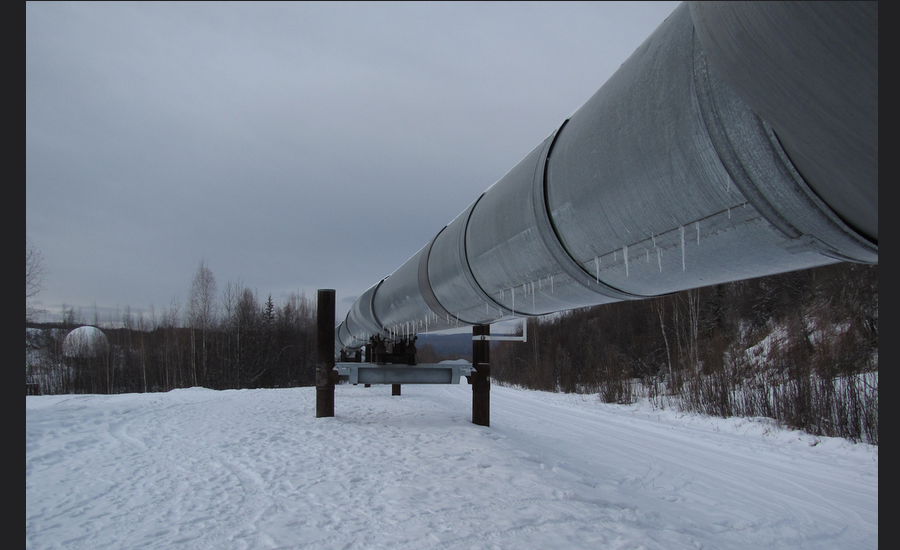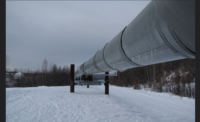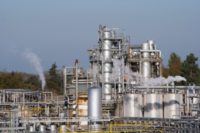The U.S. Department of Transportation’s Pipeline and Hazardous Materials Safety Administration has awarded nearly $2 million to 11 universities to research new ideas and technologies that will improve the safety of the nation’s energy transportation pipelines.
PHMSA has provided almost $3.5 million for student and faculty researchers since 2013 as part of its Competitive Academic Agreement Program (CAAP); the latest round of awards is more than double the amount that PHMSA awarded the previous year.
“The Competitive Academic Agreement Program pays for critical research into safety technologies and mechanisms that could improve safety throughout the entire pipeline sector,” said U.S. Transportation Secretary Anthony Foxx. “These investments have contributed to new pipeline technologies that are being used across the country to improve pipeline safety.”
PHMSA launched CAAP to engage students enrolled in graduate and Ph.D. programs to research common pipeline safety challenges and demonstrate how their engineering or other technical backgrounds may contribute to the field of pipeline safety. This year’s applicants received as much as $300,000 for their proposed studies on topics such as calculating pipe toughness, enabling plastic pipeline detection, protecting pipelines from corrosion, and detecting methane emissions.
“Thanks to support from Congress, PHMSA has invested nearly $93 million dollars in R&D projects that have resulted in 22 patent applications and 25 new pipeline technologies,” said PHMSA Administrator Marie Therese Dominguez. “Above-ground, radar-based pipeline mapping and a nondestructive testing method for unpiggable pipelines are among the many technological advances that wouldn’t have been possible without federal investment. We’re looking forward to new innovation that emerges as a result of this next round of CAAP projects.”
Proposals were evaluated on their relevance to PHMSA’s mission, scientific merit, feasibility and past institutional performance. PHMSA intends to adopt the most promising findings into its core research program for further, long-term investigation.
For more information, please visit the Research & Development section of PHMSA’s website at: phmsa.dot.gov.





